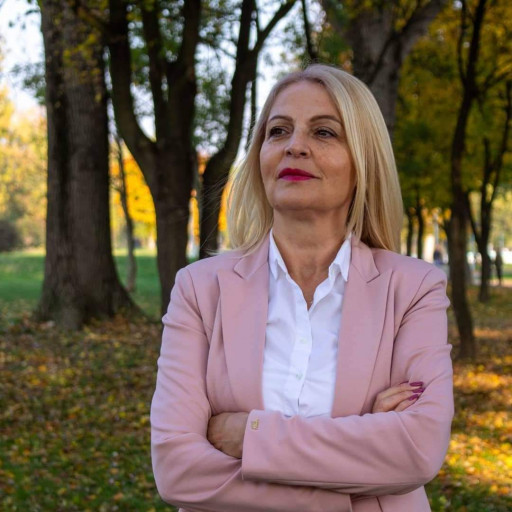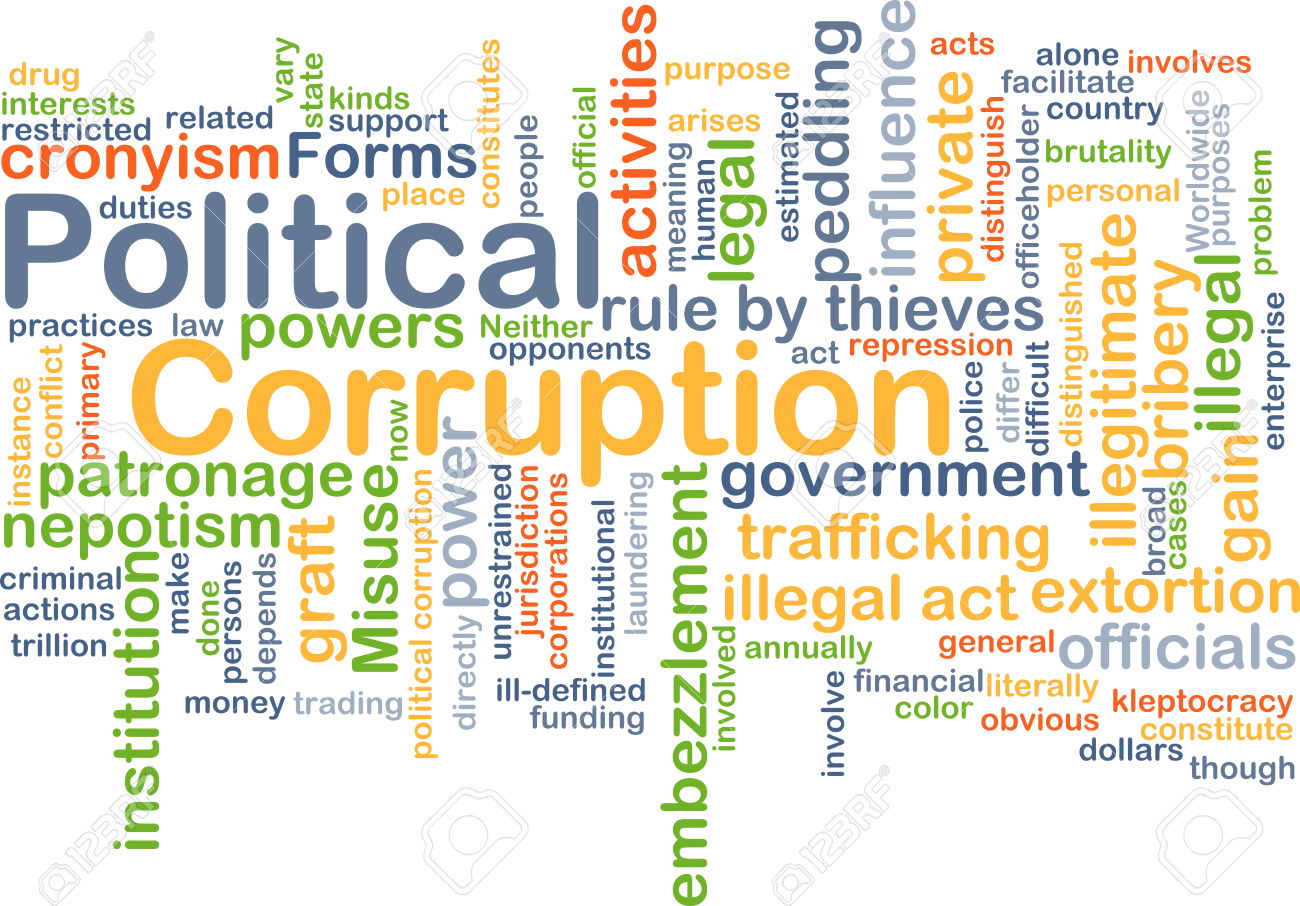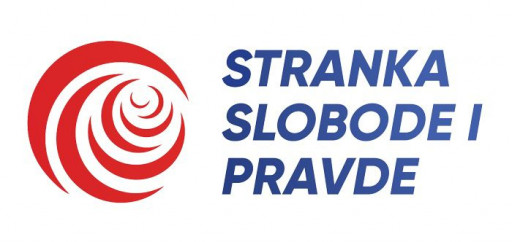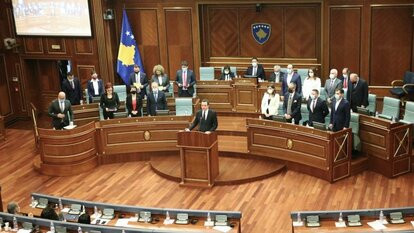Corruption is one of the greatest challenges to the rule of law, opportunities and the lives of people in the Western Balkans. It is cause and the consequence of the culture of crime that permeates the region. Corruption is highly linked to politics, indicating a high level of organized corruption. Some of the manifestations of high-level organized corruption in the Western Balkans are the purchase and sale of public property by political elites and their associates, rigged tenders for infrastructure projects, insider deals concluded in procurement and privatization procedures, hiding ownership, fraud and embezzlement, non-disclosure of the origin of property, money laundering and abuse of office. High level corruption in the region is also evident when individuals or companies finance political parties and expect favors in return.
Among other things, the following are the most common hidden sources of funding: buying political support by distributing gifts and services, misuse of public funds and fixed appointments in public or state enterprises. In this way, political, business and criminal elites collude to preserve and protect their interests and influence on public positions and assets. Such corrupt activities create fertile ground for corrupt officials who go unpunished. Despite the growing corruption, it seems that societies in the region have become accustomed to the reality of high-level corruption.
In the Western Balkan countries, there is a common belief that this is how things work and that it is not possible to change the system. This long-standing practice is maintained by a lack of independence or professional capacity within institutions, whose role is to counter corruption. There are several cases where individuals or organizations have reported corruption, but the government has imposed draconian restrictions on the media, including those who speak out against corruption experience a variety of threats, restrictions, bans and job losses.
Corruption and organized crime are not sufficiently investigated in the Western Balkan countries, and as far as academics and intelligence are concerned, there is almost complete silence. Throughout the region, civil society is insufficiently dealing with the topic of corruption. Many initiatives rely on financial support from abroad. The Western Balkan countries have repeatedly made promises to fight corruption. The Berlin Process is just one of the forums where these promises were made, but primarily in the process of accession to the European Union, in the process of implementing the United Nations Convention against Corruption, the Council of Europe, the GRECO group. There is insufficient determination or will of states and political parties to implement and systematically monitor the implementation of anti-corruption measures adopted within the Framework of the Berlin Process.
There are positive examples of some political parties in Serbia that advocate the fight against corruption and transparently present it with their programs and campaigns. The Freedom and Justice Party has adopted the Declaration "Serbia in the EU 2023", which particularly emphasizes anti-corruption plans and proposals. "We reaffirm the need to implement comprehensive social, political, social, security and economic reforms aimed at aligning state legal and institutional frameworks with EU standards and addressing major social problems in areas such as the rule of law, human rights, the fight against corruption and organized crime, environmental protection."1
Domestic non-governmental organization, Transparency – Serbia calls on the government and the national parliament to include the following points in their program of action: preserving the unity of the legal order and legal certainty; greater publicity and participation in the decision-making process; caution in regulatory and financial interventions; strategic approach in the fight against corruption; public sector reform; full respect and strengthening of the position of independent state bodies in the fight against corruption; complete cessation of the practice of buying media influence or misuse of public funds; ensuring full implementation and improvement of the Law on Public Procurement; completion of judicial reform and increasing the number of reported and examined corruption cases; clear and comprehensive work plans, work reports, reports on budget execution and; clear division of competencies and powers of state anti-corruption authorities; the government should regularly consider the reports and recommendations of its Anti-Corruption Council. In relation with the elections and the election campaign, the Government and the Assembly should contribute to respecting the existing rules and their improvement.
Taking into account these factors, the implementation of the adopted measures related to the fight against corruption given within the Framework of the Berlin Process is vital. This process deserves to have greater significance, greater visibility and stronger political engagement. It is necessary to dismantle the existing criminal ties between political, business and criminal clans in the region. There needs to be systematic, responsible and well-aided prevention of corruption at all levels of government. Political and operational independence is essential for an effective response by the police, judiciary and anti-corruption agencies. It is very important to continuously monitor the process of implementation of adopted measures of the Western Balkan countries in the fight against corruption. Since one of the main incentives for corruption is financial gain, additional efforts need to be made in order to have stricter regulation of suspicious financial activities, an increased fight against money laundering and also freezing, seizure and forfeiture of stolen property. Greater protection is needed for creating employees in the media and civil society who set off alarms against corruption as well as protection of whistleblowers in institutions.
Therefore, more work needs to be done to promote education and awareness of corruption, as well as to foster a broader culture of the integrity of society. Civil society and academics in the region should enjoy greater support so that they can publicly speak out against corruption and be better placed to conduct more research. Greater understanding and support for independent and competent institutions is needed. Also, all parts of society should be involved in the promotion of the culture of the rule of law. The media is well placed to provide one of the few counterweights to corruption by exposing corruption in the Western Balkans. Investigative journalists have developed international and regional networks, which perform these functions appropriately. However, the media faces serious restrictions and media are not independent and free. It is therefore essential to encourage and protect media freedom as well as to ensure transparency and unrestricted access to public information. Media initiatives of a research nature are much needed and should be encouraged and supported. In general, regional cooperation is a key element of comprehensive and result-oriented strategies in the fight against corruption and organized crime. Western Balkan countries need to improve the exchange of experience, successful examples and practical knowledge. Networking and regular contacts between all participants in the region are of the utmost importance.
By applying the adopted measures on the fight against corruption, it can prevent and expose corruption, punish those who participate in it, and support all those who have been fighting corruption. This would enable it to foster integrity, support an independent and professional the criminal justice system, strengthen resilience to corruption, and improve the rule of law.
1 https://ssp.rs/media/0tdfpxez/deklaracija-ssp-srbija-u-eu-2030-latinica.pdf
Ferida Čustović, President of the Women's Network of the Freedom and Justice Party







